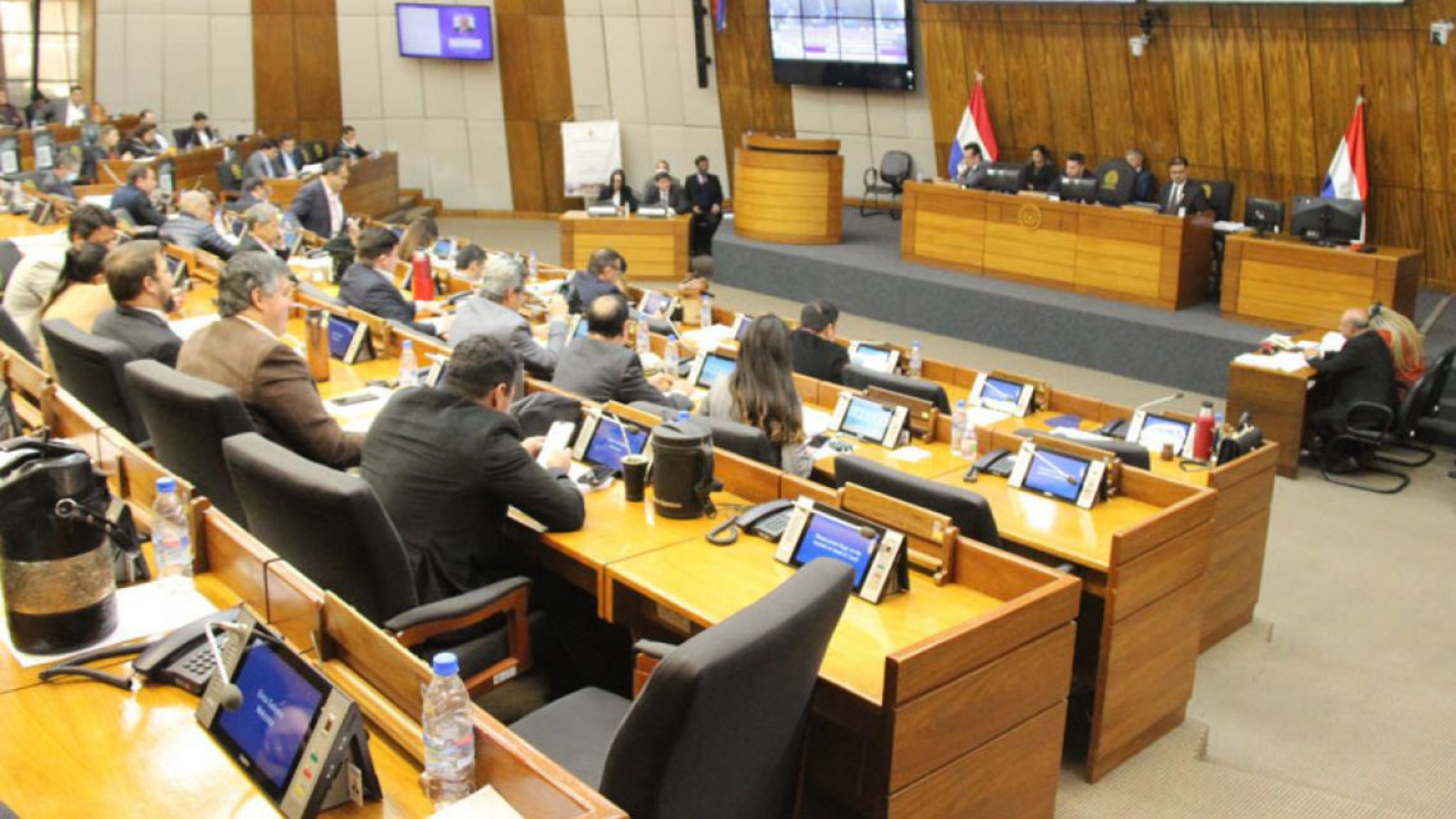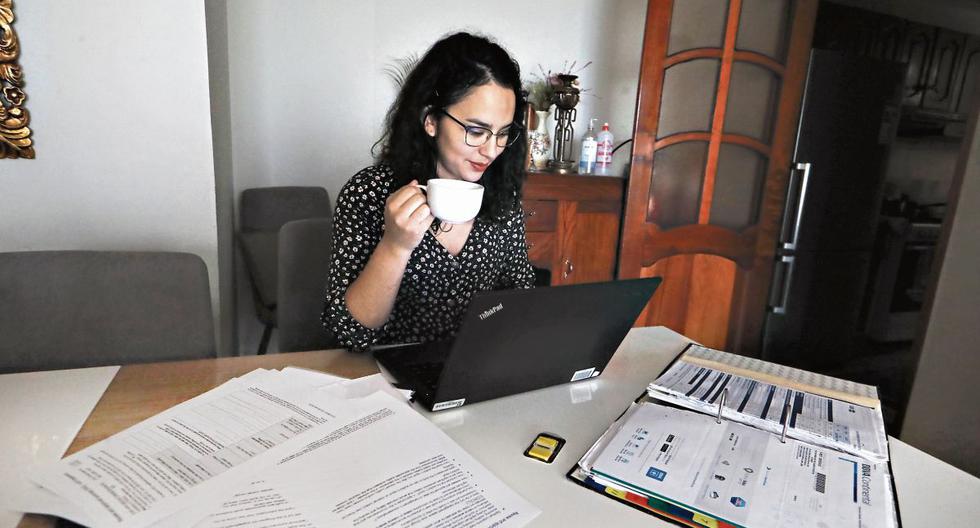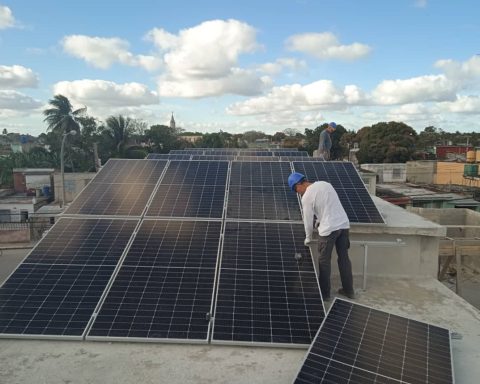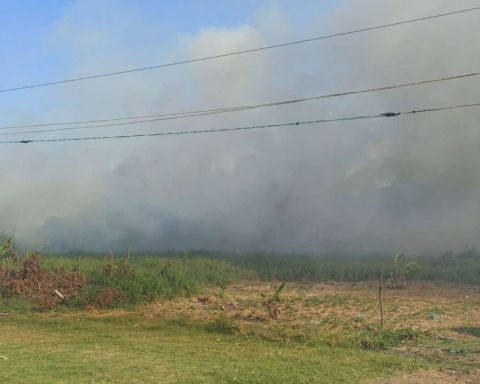The planner Manuel Trinidad (PLRA bench “B”), stated that the objective is to adapt the internal regulations that govern parliamentary work. He intends to go back to virtuality and communicate to his members, 12 hours before.
IN FAVOR
Hugo Ramírez, national deputy for the ruling party, said that the benefits that technology brings are very important.
“Although nothing can replace the sessions of the Chamber of Deputies, technology can help to have some benefits and thus not delay the opinions of projects. This will also allow colleagues who cannot travel to participate in order to speed up the procedures, ”she argued.
AGAINST
On the other hand, Kattya González, deputy of the Encuentro Nacional party (PEN), opposed it because it has no scientific or legal basis.
“We got used to it and today, as workers we must return to our jobs. I am reluctant to function virtually, neither in the plenary sessions nor in the commissions. We are violating the National Constitution, the venue where the manual must be fulfilled. We had a global pandemic situation where we enabled an exception,” he urged.
Celeste Amarilla, national deputy for the PLRA (bench “D”), pointed out that, having controlled the pandemic, returning to virtuality, even in the commissions, would be unconstitutional.
“There are no longer any impediments. I support the motion without virtuality,” she requested.
Sebastián Villarejo, national deputy for the PPQ, argued that the sessions must be in person. Except for committee meetings that could be virtual.
“I think it makes sense that committee meetings can be virtual. Mainly because of the situation in which many live far from the country’s capital. The commissions seem appropriate to me, but the plenary sessions must be face-to-face without exception”, he commented.
ARTICLES
The wording proposed for article 110 is as follows: “any proposal made out loud from his bench, by a deputy, is a motion.”
With regard to article 125, the following text is proposed: “The votes of the Chamber may be nominal, mechanical, electronic, raising their hands or standing up.”
Regarding article 126, the following is proposed: “all votes for the appointments that the Chamber must make by these regulations will be nominal, or if the Chamber so resolves, when requested by a fifth of the deputies present, and then The names of the voters with the expression of their vote must be recorded in the minutes and in the journal of sessions.
Finally, regarding article 177, referring to the meetings of advisory commissions, it is proposed to return to virtuality and, for this purpose, each commission must generate the virtual session room and communicate to its members, at least, 12 hours before the meeting.

















